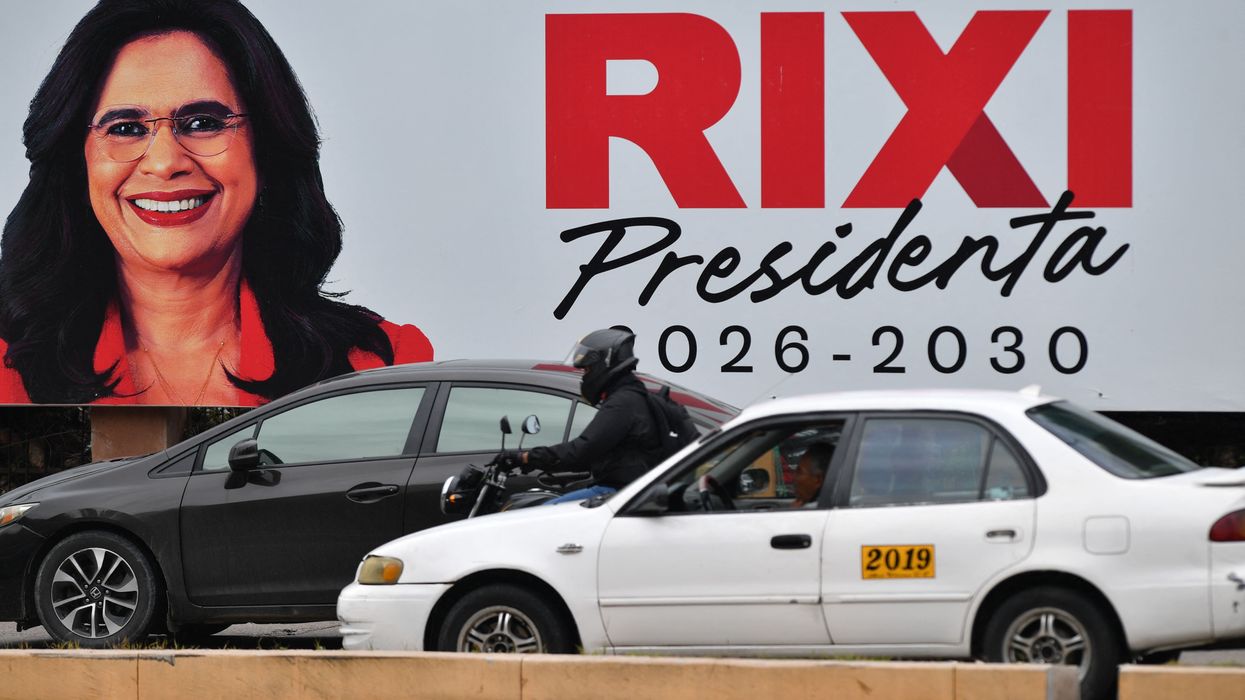An international initiative that seeks to promote more openness
about how countries profit from their oil, gas, and mining resources
should not weaken its modest membership standards because governments
are unable or unwilling to meet them, Human Rights Watch said today.
Twenty of the 22 current candidates to join the Extractive
Industries Transparency Initiative (EITI) have not fulfilled the basic
requirements to have their candidacy assessed by today's deadline,
raising serious doubts about their commitment to disclose their
revenues from oil, gas, and mining, Human Rights Watch said.
"It's easy for governments to sign up for the initiative and claim
they are open about the money they earn from lucrative natural
resources," said Arvind Ganesan, director of the business and human
rights program at Human Rights Watch. "But the proof is in whether they
actually do what they promised, and so far the results have been
dismal."
EITI is a voluntary initiative that aims to increase the
transparency of natural resource revenues by developing standardized
reporting requirements for companies and governments. It was created as
a way to foster public scrutiny and greater accountability over the
revenues received by governments. Today EITI is a multi-million dollar
effort that has been embraced by governments, industry, civil society,
and multilateral institutions such as the World Bank and International
Monetary Fund. Countries that join may do so in order to attract
investment, while companies may seek positive publicity. For civil
society groups, the main benefit of enhanced disclosure and monitoring
of government revenues is that it can help combat the large-scale
corruption and mismanagement that fuel human rights abuses and
undermine development in many resource-rich countries.
Under the initiative's rules, candidates for membership have two
years to complete an external review of their compliance with the
initiative's basic standards, a process known as "validation." Today's
deadline applies to 22 countries that were accepted as candidates in
2008. Ten candidate countries that joined more recently, including
Afghanistan and Iraq, face later validation deadlines.
To qualify to be considered "EITI compliant," countries must meet
several requirements. For example, they must publish at least one
national report disclosing company payments and government revenues
from the extractives sector and have in place a functioning national
multi-stakeholder group that includes civil society participation. The
EITI board must also certify that the candidate countries have complied
with requirements following an evaluation of a validation report
prepared by an accredited third-party. The validation process is
designed to provide quality assurance for the initiative's global
standards.
Only two of the 22 countries that faced today's deadline completed
EITI's validation process within the mandated two-year time frame.
Following a review by EITI's board, both countries - Azerbaijan and
Liberia - were found to be "compliant." One country, Guinea,
voluntarily suspended its candidacy.
Nineteen other candidate countries are at various stages of
implementation, with some relatively advanced and others lagging far
behind. For example, Sierra Leone, Sao Tome e Principe, and some others
have not even initiated the validation process. Equatorial Guinea,
despite having signed up to join the initiative in 2008, only hired a
firm to carry out its validation review on the eve of the deadline to
complete the validation process.
In cases where validation is pending, the EITI board, which is
composed of governments, companies, and civil society representatives,
has the authority to grant additional time if the country demonstrates
that its delays were due to "exceptional and unforeseen circumstances."
Extension requests by candidate countries will be reviewed at the next
board meeting, scheduled to take place in Berlin in mid-April 2010.
"The integrity of EITI is on the line," Ganesan said. "The EITI
Board should only grant extensions for legitimate reasons. Lack of
political commitment and willful neglect shouldn't be used as excuses
to get more time."
Human Rights Watch also called on the board to disclose publicly the
basis for any extensions, to insist that extensions be offered only
once, and to provide that countries failing to meet the revised
deadline be automatically dropped from the initiative, or "de-listed,"
without the need for further board action.
Even if the board approves requests for more time for some
candidates to complete the national validation process, this provides
no guarantee that they will ultimately be approved as "compliant." In
cases where the validation review reveals that a candidate country
falls short of EITI's minimum standards, the board may permit it to
renew its candidacy if it is making meaningful progress to comply. A
country that has not demonstrated sufficient progress is de-listed,
although it may be allowed to reapply later.
Genuine civil society participation is one key criterion for
membership. In February, EITI's board rebuffed Ethiopia's desire to
become a candidate, citing a repressive law that in effect bars
independent civil society groups from doing any work that touches on
issues of human rights or governance.
A number of other current candidates also impose serious constraints
on civil society, particularly independent organizations focused on
human rights and on reducing corruption. For example, Equatorial
Guinea's government has not permitted a single independent human rights
group to obtain legal registration and it harshly suppresses any
domestic criticism.
"EITI should insist on full participation of independent civil
society as a non-negotiable membership condition," Ganesan said. "We
are encouraged that the board rejected Ethiopia and strongly urge that
decision to stand as a precedent for all governments involved in EITI."
Human Rights Watch supports the transparency initiative, but also
recognizes its limitations as a voluntary effort that currently only
enhances the transparency of government income. It does not address how
governments spend the money and thus cannot track corruption or assess
whether the funds from extractive industries are used to benefit the
public.
In February, a US Senate report
documented high-level corruption involving Angola, Equatorial Guinea,
Gabon, and Nigeria. Three of the four countries - Angola is the
exception - are current EITI candidates.
"EITI is at a crucial juncture," Ganesan said. "It should not lower
its standards for governments that are really not interested in public
scrutiny. EITI isn't credible if it does not lead to improvements in
governance."
Together with other members of the Publish What You Pay coalition,
Human Rights Watch also supports efforts to enact regulations requiring
greater transparency by companies about their payments to governments.
The Energy Security Through Transparency Act in the United States, for
example, would mandate disclosure by all publicly listed companies,
including non-US firms listed with the US Securities and Exchange
Commission.




